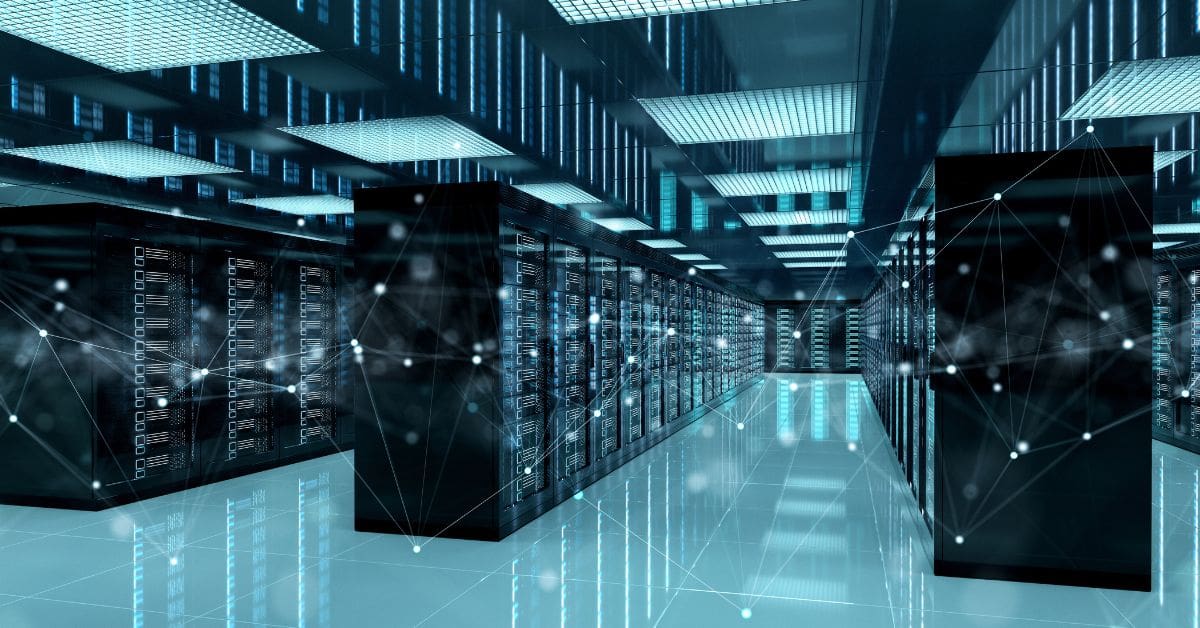
The majority of sensitive government information is stored as data, making data centers indispensable in modern governance. By centralizing and managing vast amounts of data, these facilities enable the efficiency of various governmental departments. Here are some ways the government benefits from data centers and how these locations are essential for maintaining government operations.
1. Key Functions of Data Centers for Government Operations
Data centers perform various functions that streamline government operations. They offer a centralized location for storing and managing data while facilitating access across different departments.
These centers also provide the computational power necessary for complex data analysis and support various applications integral to public services. This combination of storage, management, and computing capabilities makes data centers the backbone of governmental efficiency.
2. Cost Savings Through Efficiency Gains
One of the primary benefits of data centers for government entities is cost savings through efficiency gains. Governments reduce redundancy and lower operational costs by consolidating data storage and processing.
Centralized data management also minimizes the need for multiple IT infrastructures, cutting down on maintenance expenses. The efficiency of data centers translates to significant financial savings and the effective allocation of resources.
3. Enhanced Security and Disaster Recovery Capabilities
Data security is a top priority for any government, and data centers provide enhanced security and disaster recovery capabilities. These facilities have advanced security measures such as encryption, firewalls, and intrusion detection systems to protect sensitive information.
Additionally, data centers offer disaster recovery by backing up data and restoring it after a cyber-attack or natural disaster. The power whips in data centers ensure the servers and other data storage devices remain operational and avoid power failures. Physical security measures include surveillance systems and authorized access to the location.
4. Improved Services and Responsiveness to Citizens
Data centers play a crucial role in improving services and responsiveness to citizens. By enabling real-time data access and analysis, these facilities allow government agencies to respond more quickly to public needs.
For instance, data centers support the rapid deployment of online services, streamline administrative processes, and facilitate communication between government workers and citizens. Increased efficiency leads to higher public satisfaction and enhances the effectiveness of government operations.
5. Advancements in Data Analytics and Decision-Making
Data centers empower governments with advanced data analytics capabilities, leading to more informed decision-making. These facilities provide the computational power to analyze large datasets that may uncover valuable insights to guide policy development. With access to this data, government leaders can make evidence-based decisions that enhance public services and address societal challenges more effectively.
The government benefits from data centers in many ways. Government offices can streamline their operations by investing in data center infrastructure to serve their citizens better. Connect with our experts today to learn more about optimizing your data center strategy!
